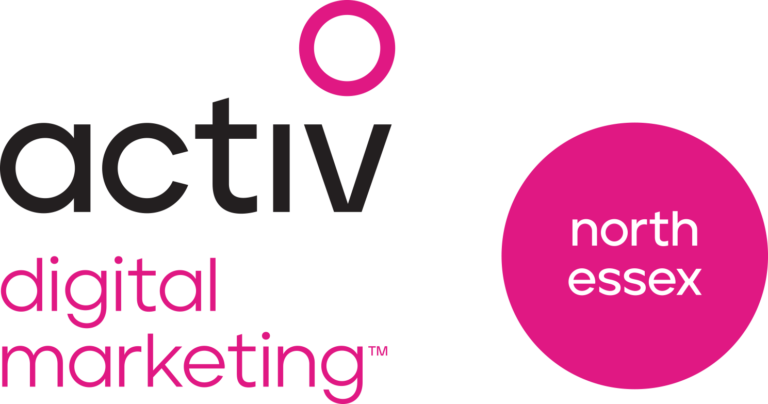Pay-Per-Click (PPC) can often form part of a successful digital marketing strategy, trust us, we know! But how does it fit in and what are the key elements that make up a successful PPC campaign? Let’s take a look…
What is PPC?
A type of online advertising (usually completed through search engines like Google). A business will pay a fee each and every time that their advert gets clicked on. The advert appears thanks to use of a clever keyword strategy. The keywords are based on what your potential customers are typing into search engines to find competitor products or services, the idea being that your advert is there to help them instead, appearing at the top of the search results. Put simply, you’re paying to have your business appear at the top of search engine results, instead of relying on organic website visits.
Our tips for ensuring a successful PPC campaign:
- Ensure your website is up to scratch
A successful PPC campaign relies on a very good website that’s been built with your user in mind. It needs to have keyword rich copy which is updated regularly with a blog or news section and contain conversion enticing landing pages that you can use in your PPC campaigns. You may also wish to consider using social media to build an online profile of your business and encourage previous customers to leave public reviews to build the trust of potential new customers.
- Identify your goals
Your goals need to be specific, whether it’s to boost awareness of your new service or generate more online sales for a new product. Ensure your goals are measurable, realistic and achievable within a timeframe. This is truly the entire point of the campaign and where you should always come back to review as part of your analysis.
- Don’t forget negative keywords
Just as crucial as your keyword strategy for using within your campaign ads, there are specific keywords that you can eliminate from your campaign, called negative keywords. This ensures that when a user types in a negative key phrase that is irrelevant to your campaign, your ads won’t get served. This saves you a lot of budget and the customer a lot of irrelevant clicks.
- Not all of your visitors will intend to convert
Not all of your potential leads will be serious about making a purchase or enquiry. Their route to finding you can usually help you to determine their intent. For example, if a customer has typed in a keyword or phrase, their intent may be stronger than someone who clicks on a video advert. We recommend tweaking your call to actions to suit the types of customer intention that you’re seeing within your campaigns.
- Make use of remarketing campaigns
Offer users another opportunity to make a purchase by placing your ads in front of them again. It also gives you a second chance of engaging with them and being able to offer the correct solution they’re looking for. A good landing page can help to make a remarketing campaign more profitable.



